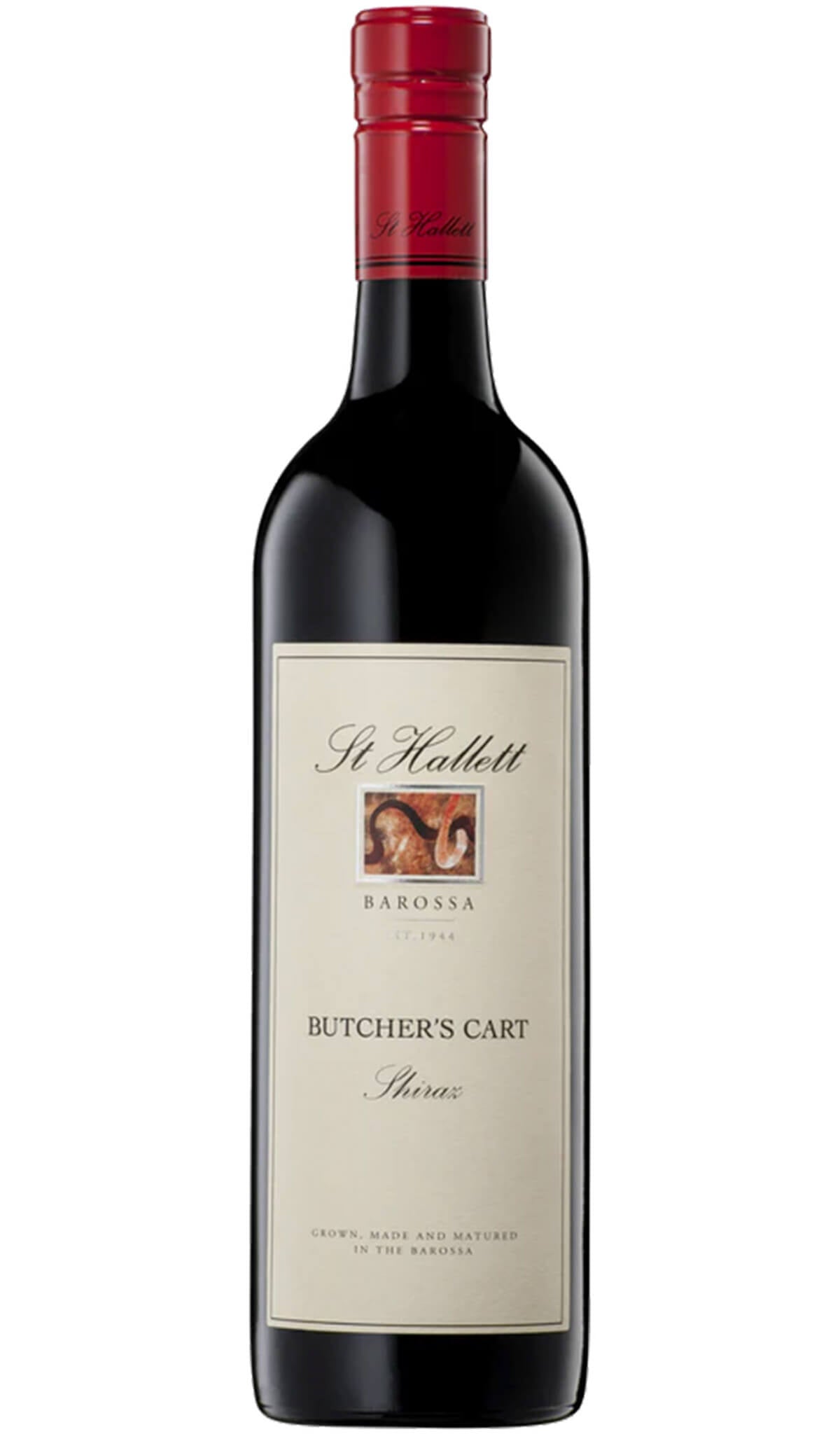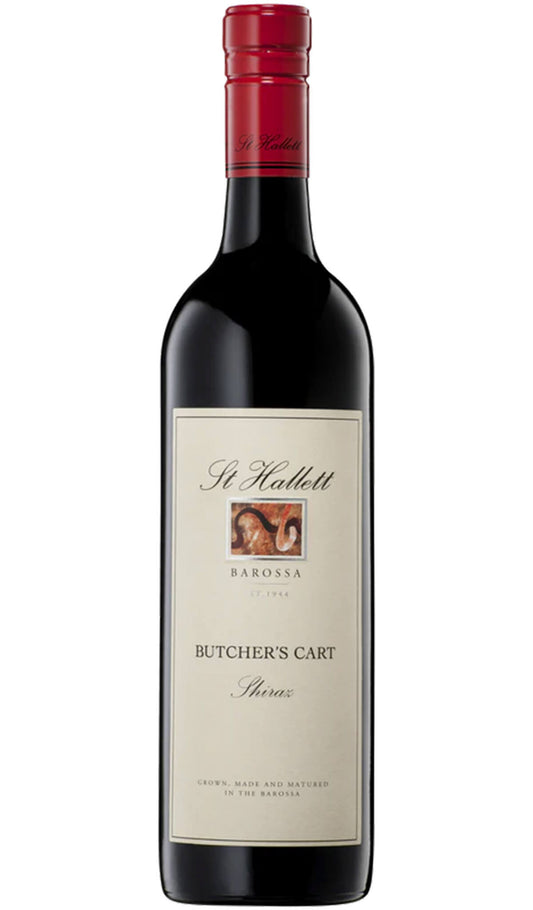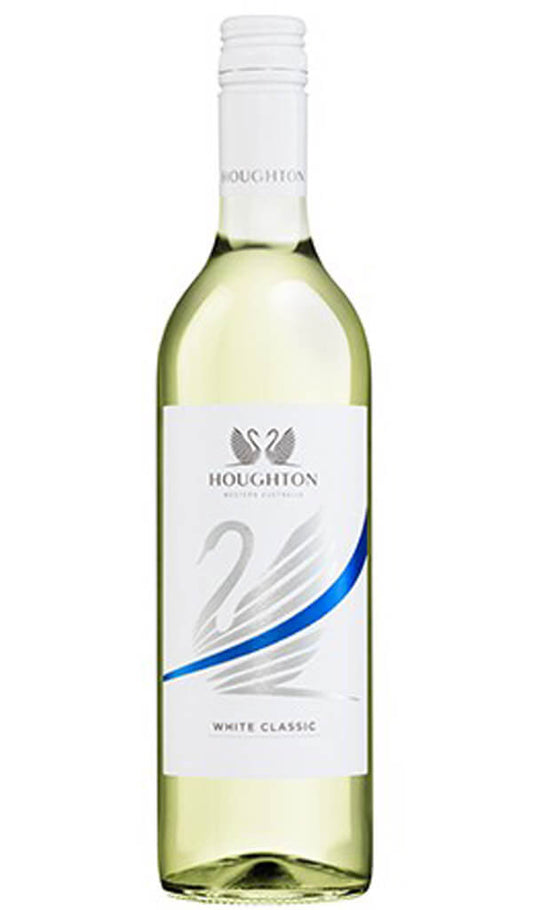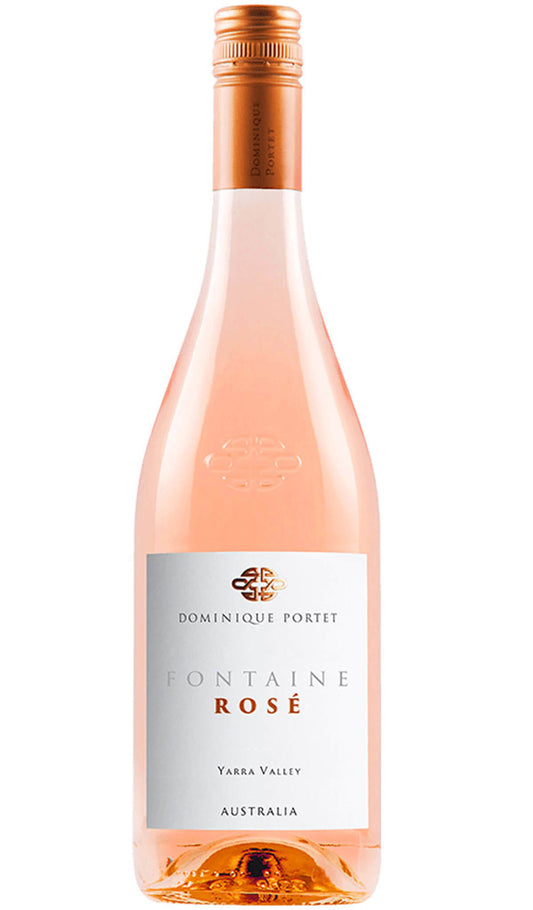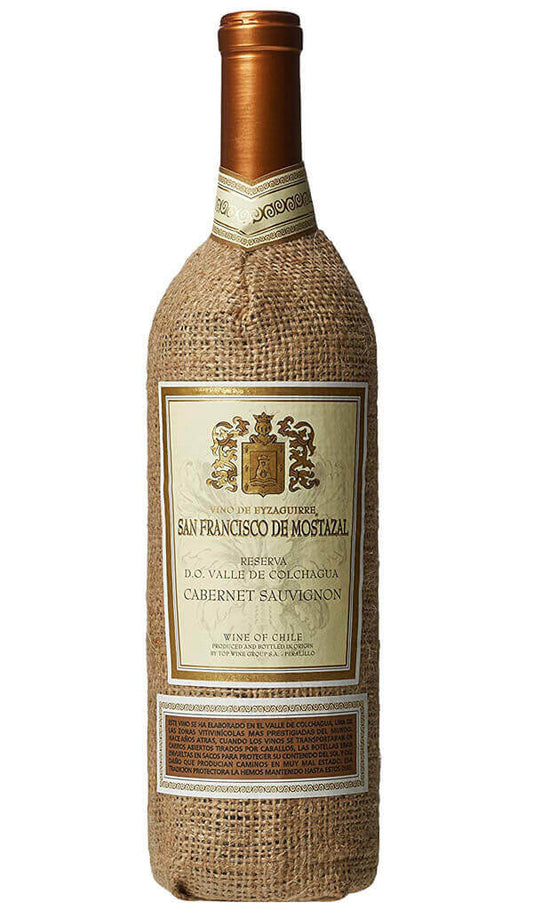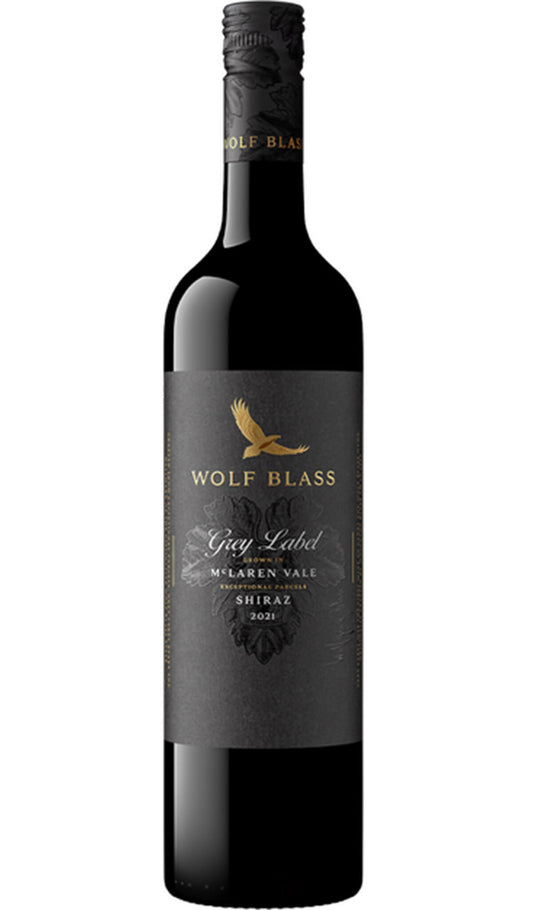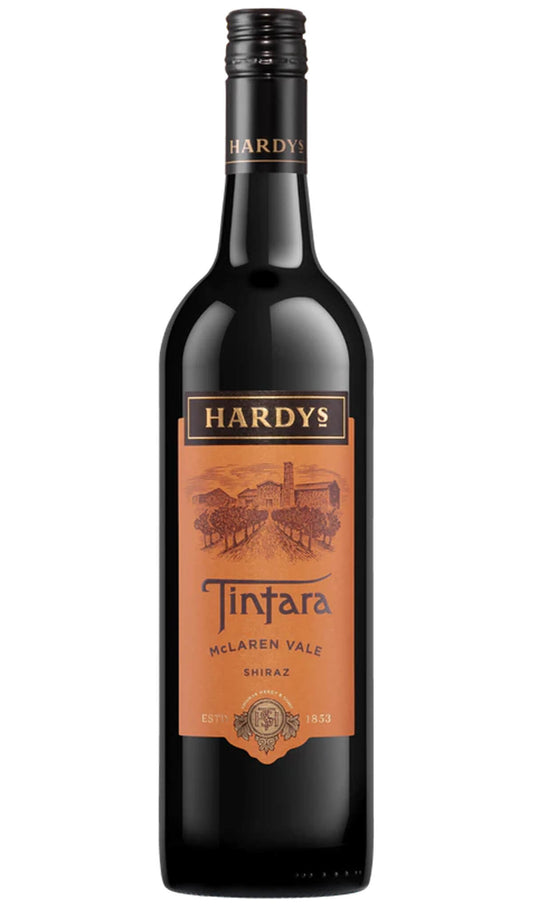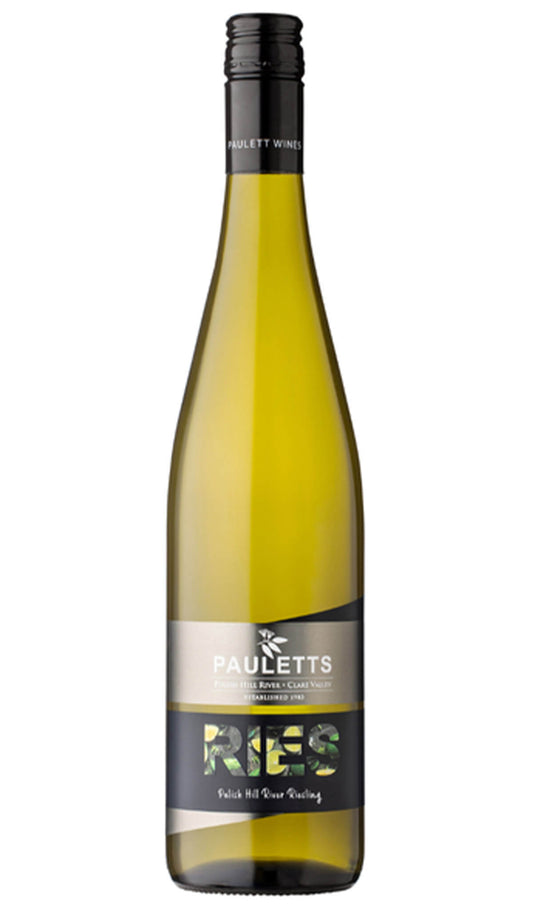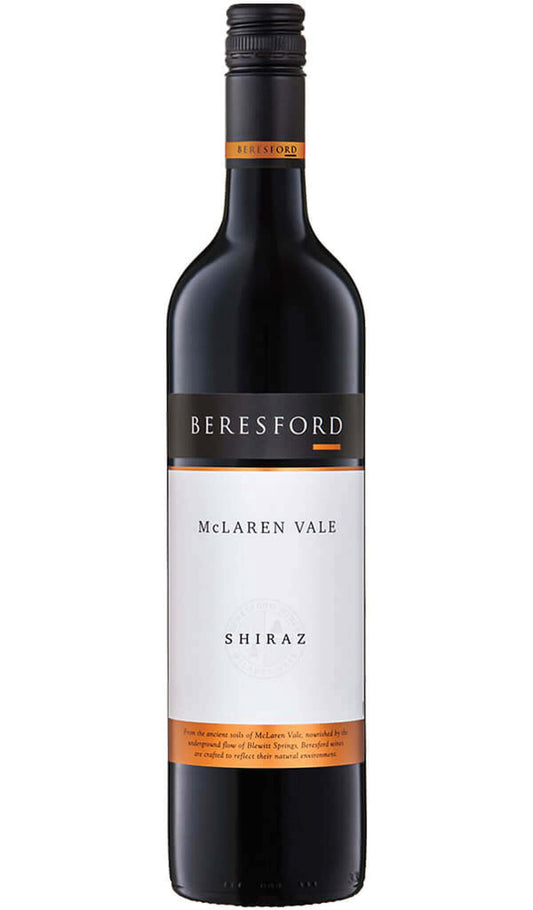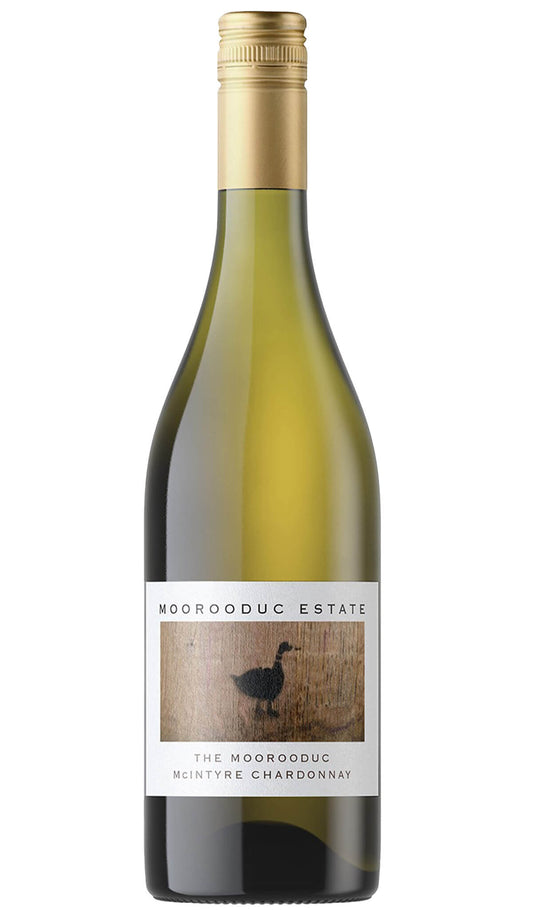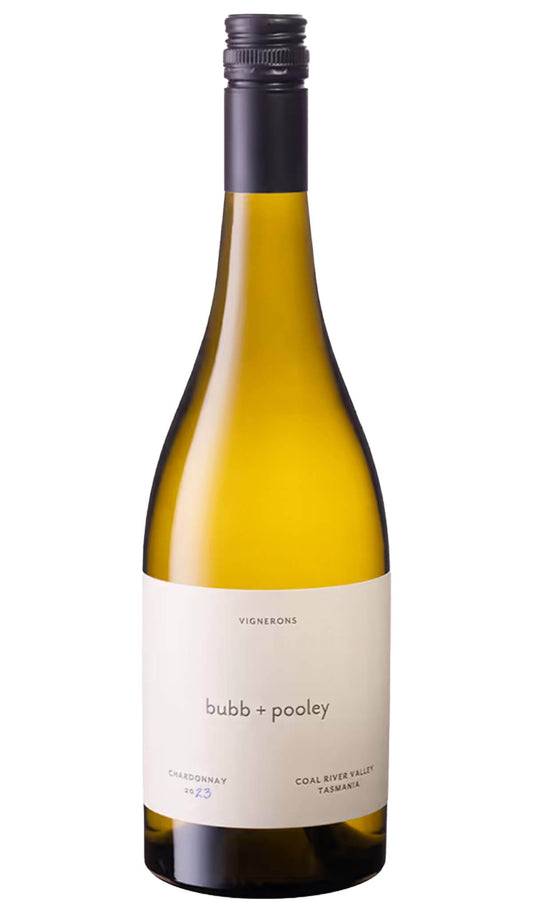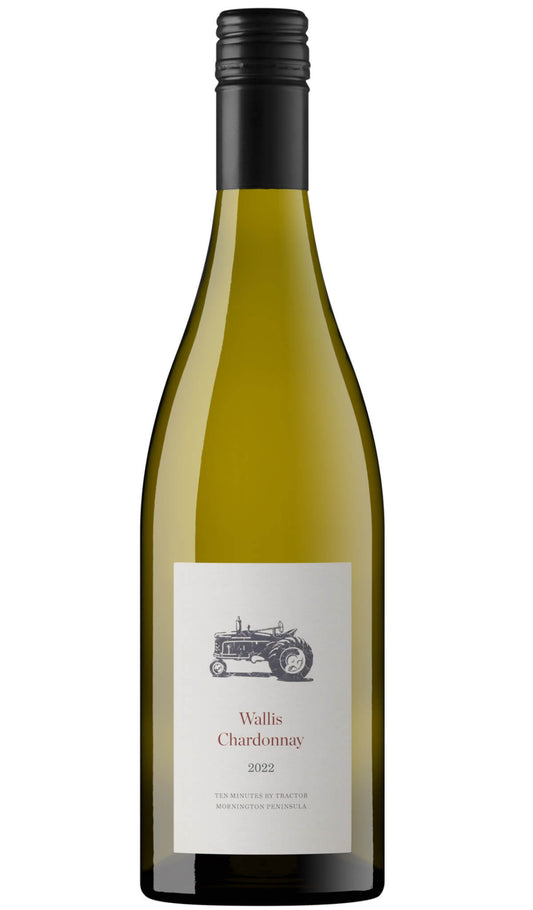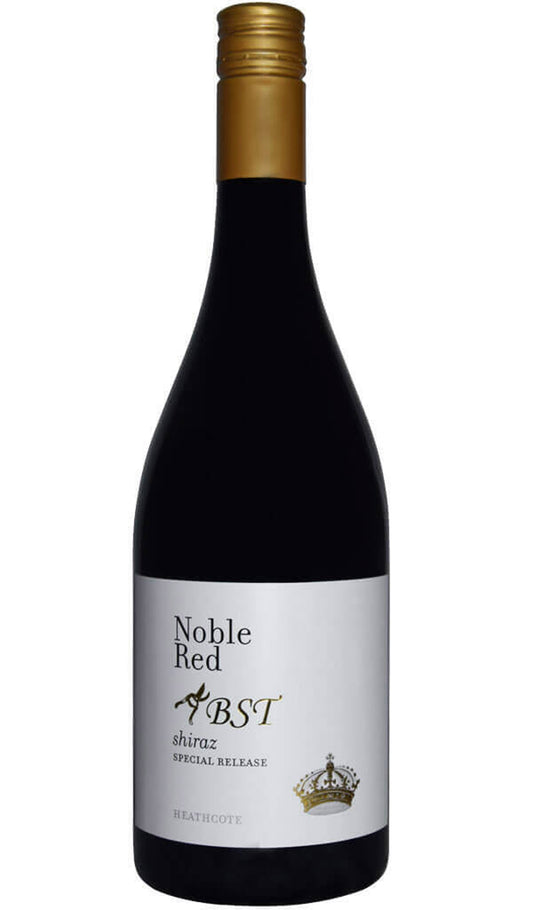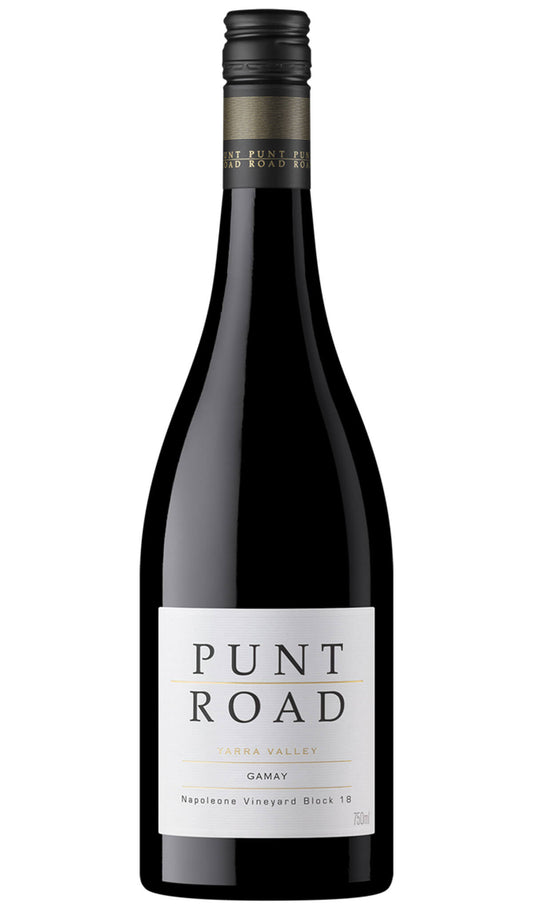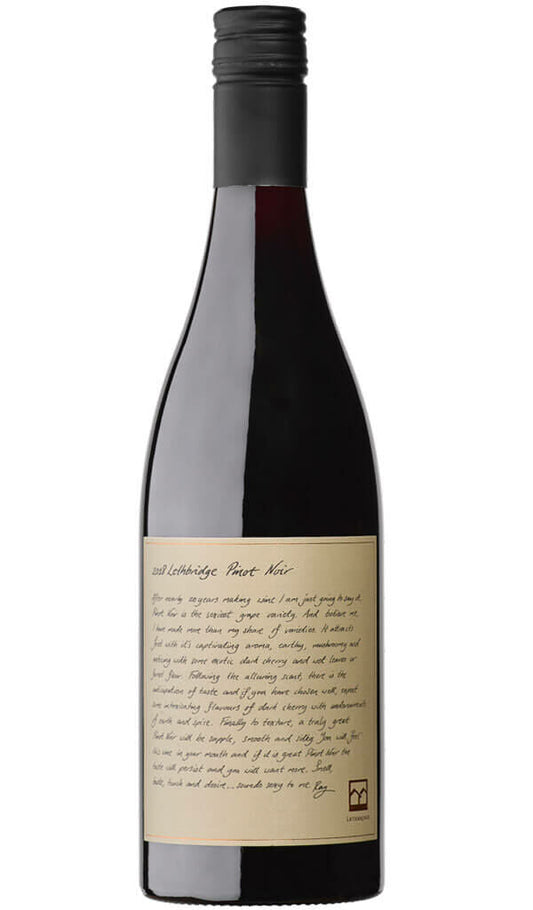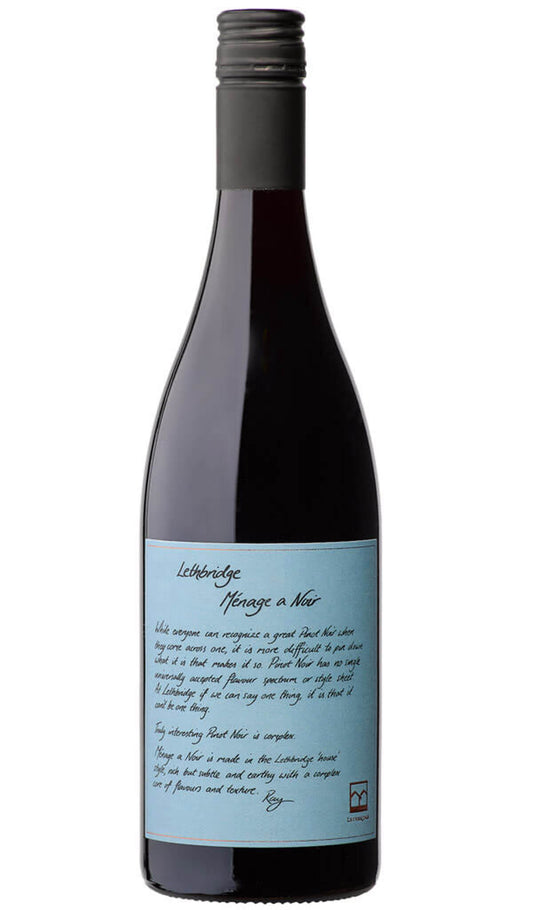Ashton Hills
Ashton Hills Piccadilly Valley Pinot Noir 2017 (Adelaide Hills)
Ashton Hills Piccadilly Valley Pinot Noir 2017 (Adelaide Hills)
Dozen Price: $395.88
RRP: $39.99
Couldn't load pickup availability
Ashton Hills Piccadilly Valley Pinot Noir 2017 is fragrant with red cherry, orange peel, rosemary and five spice. Some savoury character with light gamey notes and a hint of grilled nuts.
The palate is bright and lively with cherry and raspberry fruits. The succulent medium bodied palate is laced with forest floor, peat and fresh herbs, supported by fine tannins and spice.
Wine Specifications
Wine Specifications
Variety: Pinot Noir
Size: 750mL
Region: Adelaide Hills
ABV: 14%
Vintage: 2017

Winery & Vintage Info
The 2017 Piccadilly Valley Pinot Noir is a blend of fruit from the late Jim Grigg’s Cemetery Block and its two clones – 114 and MV6, topped up with a parcel of declassified Ashton Hills reserve/estate fruit, while the Blefari-managed Hunter Block plays a supporting role in the final wine. Stephen George has long-harboured an ambition to “showcase Grigg’s fruit and to assess the influence our fruit has on the blend.” The result is a medium bodied palate with the influence of Cemetery Block providing juicy fruit from the warmer clime, along with fine structured tannins that are typical of the Ashton Hills Vineyard.
The 2017 Adelaide Hills growing season commenced with one of the wettest winters on record, pushing back flowering, veraison - and ultimately harvest - by about four weeks on recent years. Fortunately, weather during ripening was dry without excessive heat spikes, leading to full flavour and colour development.
The wine was matured predominantly in seasoned French oak for a period of 12 months prior to bottling.
Grapes were handpicked, keeping individual clones seperate in small open fermenters. Some whole bunch fruit was added to ferments, enhancing aromatics and structural complexity. Fermentation was initiated by indigenous yeast (wild ferment). Each clonal parcel was basket pressed and filled to seasoned French oak barrels with full solids. All barrels were kept on lees to build palate, body and complexity and racked off lees just prior to bottling.
Drink now or cellar for five years for further complexity.
You may also like...
-
St Hallett Butcher's Cart Shiraz 2022
Regular price $24.99Regular priceUnit price / per$32.99Sale price $24.99Sale -
Houghton Stripe White Classic 2023 (Western Australia)
Regular price $10.99Regular priceUnit price / per$11.99Sale price $10.99Sale -
Dominique Portet Fontaine Rosé 2023 (Yarra Valley)
Regular price $22.99Regular priceUnit price / per$24.99Sale price $22.99Sale -
San Francisco De Mostazal Cabernet 2021 (Chile)
Regular price $24.99Regular priceUnit price / per$26.99Sale price $24.99Sale -
Wolf Blass Grey Label McLaren Vale Shiraz 2021
Regular price $29.99Regular priceUnit price / per$34.99Sale price $29.99Sale -
Hardys Tintara Shiraz 2022 (McLaren Vale)
Regular price $18.99Regular priceUnit price / per$19.99Sale price $18.99Sale -
Pauletts Polish Hill River Riesling 2023 (Clare Valley)
Regular price $22.99Regular priceUnit price / per$24.99Sale price $22.99Sale -
Beresford Classic Shiraz 2021 (McLaren Vale)
Regular price $20.99Regular priceUnit price / per$22.99Sale price $20.99Sale -
Moorooduc Estate McIntyre Chardonnay 2021 (Mornington)
Regular price $78.99Regular priceUnit price / per$79.99Sale price $78.99Sale -
Bubb + Pooley Chardonnay 2023 (Tasmania)
Regular price $62.99Regular priceUnit price / per$63.99Sale price $62.99Sale -
Ten Minutes by Tractor Wallis Chardonnay 2022 (Mornington)
Regular price $89.99Regular priceUnit price / per$89.99Sale price $89.99 -
Noble Red Heathcote 'BST' Shiraz 2020
Regular price $48.99Regular priceUnit price / per$49.99Sale price $48.99Sale -
Punt Road Gamay 2023 (Yarra Valley)
Regular price $29.99Regular priceUnit price / per$34.99Sale price $29.99Sale -
Lethbridge Pinot Noir 2022 (Geelong)
Regular price $47.99Regular priceUnit price / per$49.99Sale price $47.99Sale -
Lethbridge Ménage a Noir Pinot Noir 2023 (Geelong)
Regular price $29.99Regular priceUnit price / per$37.99Sale price $29.99Sale
